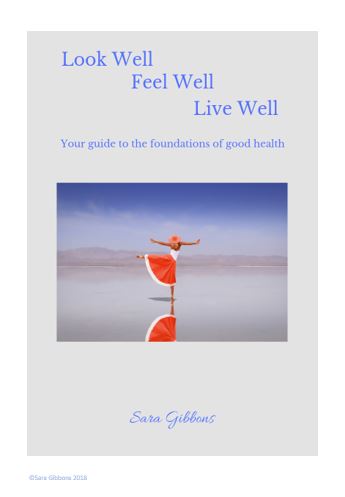The stress of divorce is up there with the most difficult of life experiences. It’s…
The True Price of Health, and Who Needs to Pay it?
Cheaper food over the last 60 years has meant not just an increase in disposable income but a decrease in the quality and nutritional value of food leading to sickness and obesity
‘We are what we eat’ has long been a popular saying.
Aside from external environmental factors it remains true that what we put in our bodies matters; it matters a great deal.
Maybe not so much today, or even tomorrow, but over time poor diet and nutrition depletes the body and that depletion and weakening will go down the generations in the form of susceptibility to many diseases and illnesses.
We are surrounded by processed and chemically produced cheap foods and beverages, as well as refined sugar, oils and animal products whilst their organic, wholefood counterparts are more expensive. So the question becomes how much are we prepared to pay for the nutrition we give our bodies?
How Much Do We Spend on Food?
In the UK the money spent on food is an average of just 9% of total household expenditure. That’s the third lowest in the world after the USA 7% and Ireland 8%.(1) By contrast in 1950’s the UK spend around 25% of income on food(2).
This could be interpreted as a net increase in prosperity, with more money available for lifestyle, travel and other leisure. But when you consider the epidemic of obesity, diabetes, heart disease and other illnesses of malnutrition, and the consequent strain on healthcare systems, it is clear that low cost food has a very high ultimate price.
Cheaper food is usually nutritionally less complete and it is taking a toll on health worldwide. Some even say the big food companies should be taxed for the damage they cause to our bodies and the planet (2)
What do we need to pay for to stay healthy?
There’s no sign of anything like that happening at the moment, and so it comes down to us to find out the facts and eat well for the sake of our health. As Birke Baehr (11yrs) said, ‘With our food system we can pay the farmer or we can pay the hospital’ (3)
OK, so here in the UK we have a national health service. We still have to ask ourselves who is ultimately paying for that and what are you really getting for your money? We have an increasingly creaky sick care service which has no remit to look seriously at the root causes of illness.
In essence, the cost of buying quality fresh food and essential supplements to stay healthy is the price to be paid for a living within a society and a system that produces cheap and often nutritionally barren food, all wrapped up in a constantly polluted environment.
The price may mean paying a bigger proportion of income on food and nutrition than the average, but how much better to have a high quality of life on a daily basis than experience slow, toxic depletion that is now the norm for so many.





